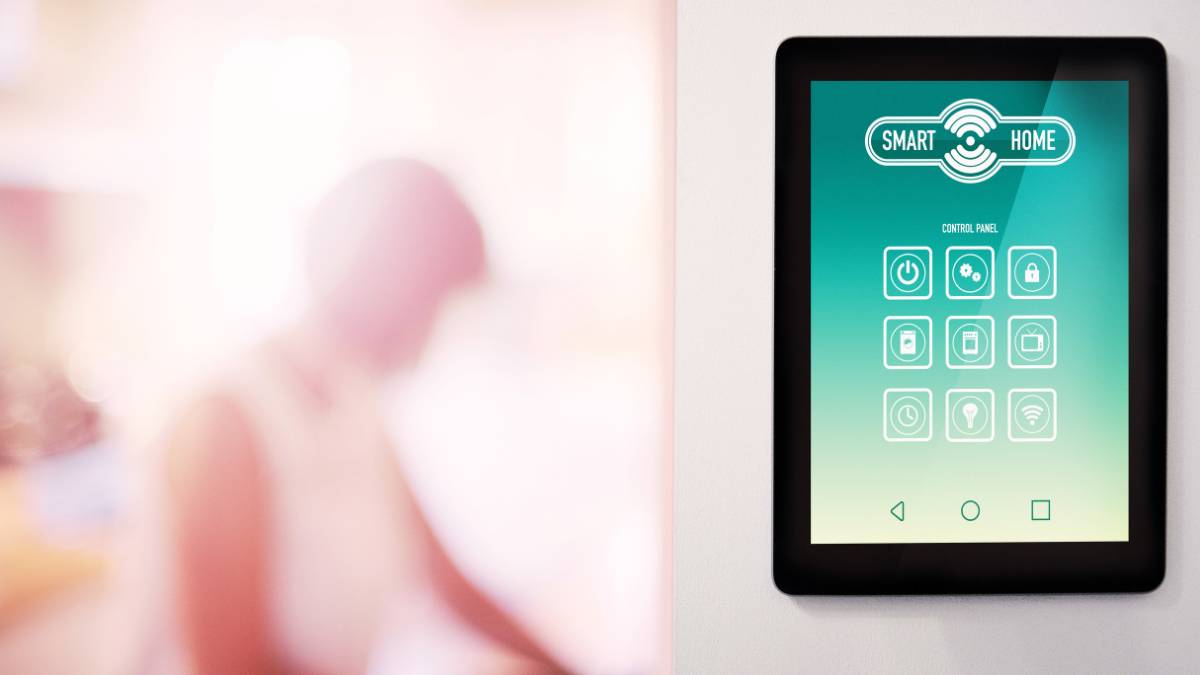Last Updated on June 4, 2024 by Kravelv Spiegel
Smart homes are increasingly popular. Central to these homes are smart hubs. These devices centralize control over various home automation systems. They make managing your home easier and more efficient. This article explores how smart hubs are transforming home automation.
What is a Smart Hub?
Central Control
A smart hub connects and controls multiple smart devices in your home. It acts as a central point for managing your smart home. For example, you can control your lights, thermostat, and security cameras from a single app. This centralization simplifies the user experience.
Compatibility
Smart hubs work with a wide range of devices. They are compatible with different brands and technologies. For instance, the Amazon Echo and Google Nest Hub can integrate with various devices. This ensures seamless communication and operation across your smart home.
Benefits of Using a Smart Hub
Simplified Control
One major benefit of a smart hub is simplified control. Instead of using multiple apps for different devices, you can manage everything from one place. This makes managing your smart home more convenient and user-friendly. Adjust your thermostat, turn off lights, and check security cameras from a single interface.
Enhanced Automation
Smart hubs enhance home automation by allowing devices to work together. You can create routines that involve multiple devices. For example, in the morning, your hub can turn on the lights, start the coffee maker, and adjust the thermostat with a single command. This level of automation improves your daily life.
Improved Security
Smart hubs also improve home security. They integrate with security cameras, smart locks, and alarm systems. You can monitor and control all your security devices from one interface. If your security camera detects motion, your hub can turn on the lights and send you an alert. This integrated approach provides better protection for your home.
Real-Life Applications
The Williams Family’s Experience
The Williams family upgraded their home with a smart hub. They chose the Google Nest Hub. This device allowed them to control their lights, thermostat, and security system from one place. When they leave the house, they use the hub to activate their security system and adjust the thermostat to save energy. The smart hub has made their home more efficient and secure.
Smart Apartments
Some apartment complexes are adopting smart hubs for their residents. These hubs provide centralized control over various apartment features. Residents can control their lighting, heating, and security systems from a single interface. This setup enhances convenience and improves the overall living experience. Property managers can offer smart amenities that attract tech-savvy tenants and increase property value.
Future Trends
Integration with AI
Future smart hubs will integrate more deeply with artificial intelligence (AI). AI can learn your habits and preferences over time. It can then make automatic adjustments to improve your comfort and efficiency. For instance, an AI-powered hub could learn when you typically arrive home and ensure the house is at your preferred temperature when you walk in. This predictive capability will make smart homes even more intuitive and responsive.
Voice Control and Beyond
Voice control is already a significant feature of many smart hubs. Future hubs will take this further, offering more intuitive and natural interactions. You will be able to control your home with simple, conversational commands. New forms of interaction, such as gesture control and augmented reality, may become part of the smart hub experience. These advancements will make interacting with your smart home more seamless and engaging.
Energy Management
Smart hubs will play a crucial role in energy management. They will integrate with smart meters and renewable energy sources, like solar panels and wind turbines. This integration will allow homeowners to monitor and optimize their energy usage. For example, a smart hub could schedule energy-intensive tasks, like running the dishwasher or washing machine, during off-peak hours to reduce energy costs. By managing energy consumption more effectively, smart hubs can contribute to a more sustainable future.
Final words
Smart hubs are centralizing home automation, making it more convenient and efficient. They simplify control, enhance automation, and improve security. As technology evolves, smart hubs will become even more integral to our daily lives. They will continue to transform how we manage and interact with our homes. By adopting smart hubs, homeowners can enjoy a more connected and intelligent living environment. These devices not only improve the functionality of smart homes but also pave the way for future innovations. For more information on integrating smart hubs into your home, visit this link.

